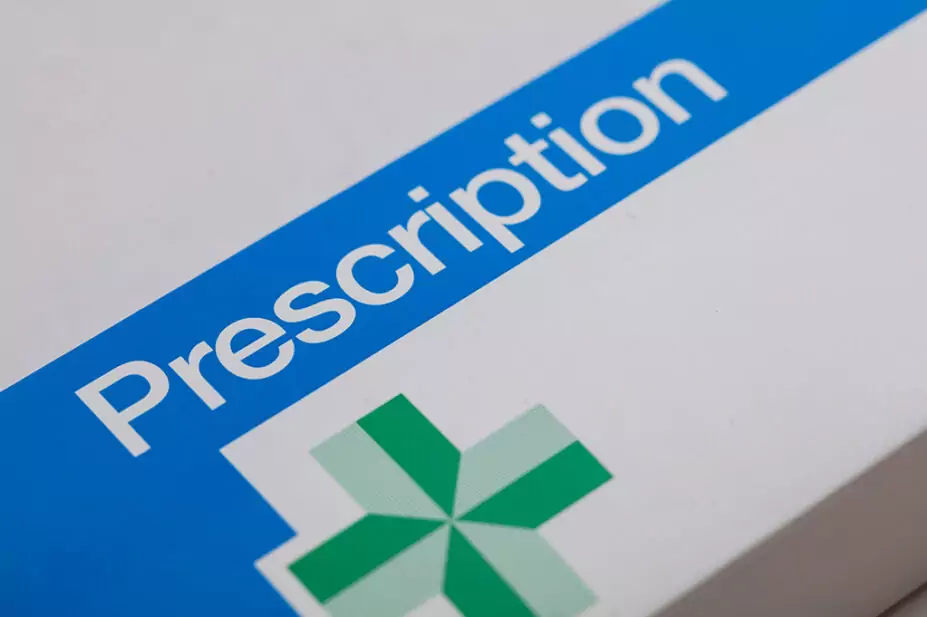
Shutterstock.com
Almost 1 in 10 people with a long-term health condition say they did not collect a prescription over the past year because of the cost of prescription charges, a survey of more than 4,000 people has revealed.
The survey — commissioned by the Prescription Charges Coalition, a coalition of organisations campaigning to end prescription charges in England, including the Royal Pharmaceutical Society (RPS) and National Pharmacy Association — was carried out in January and February 2023.
Overall, 4,014 people responded to the survey; the four most commonly reported long-term conditions among respondents were Crohn’s disease, asthma, rheumatoid arthritis and mental ill-health. Almost half (44%) of those who responded were aged between 45 and 59 years.
The results also showed that 20% of respondents said they had skipped a dose of medicine in the past 12 months, while 12% said they have cut medicine in half to make it last longer.
Of the 9% who responded to the survey saying they could not collect prescriptions because of cost, 53% said they had subsequently needed to take time off work because of missing medication, and 35% had to visit their GP because of worsening health. The results showed that 26% of those who could not collect prescriptions because of cost said they needed to visit hospital as a result.
The Prescription Charges Coalition is calling for a freeze to prescription charges for 2024 and for an urgent review of the prescription charge exemption list, which contains several categories, including people aged over 60 years; those aged between 16 and 18 years and in full-time education; and pregnant women.
Despite being frozen in 2022, the Department of Health and Social Care announced on 10 March 2023 that prescription charges in England would rise to £9.65 per item on 1 April 2023, an increase of 3.2% on the previous year.
The cost of prescription pre-payment certificates (PPCs) will also rise in April 2023, with 3-month PPCs increasing by £1 to £31.25 and 12-month PPCs increasing by £3.50 to £111.60.
However, the PPC for hormone replacement therapy, announced in January 2023, will cost the same as two single prescription charges, at £19.30 per year.
Laura Cockram, chair of the Prescription Charges Coalition and head of policy and campaigns for Parkinson’s UK, said: “We are deeply concerned about these findings, which is a clear message that the prescription charge exemption system needs urgent reform. It is not meeting the needs of people with long-term conditions, and is putting their health at risk, which we fear will intensify as the charges increase on 1 April 2023.
“The charges for people with long-term health conditions fail those who are being forced to make tough choices every day about whether they feed their families, pay their bills or take their medication.”
She added: “Far from this government’s aim of improving life expectancy for people with stroke, dementia, asthma and mental ill health, this increase in the prescription charge will create a health emergency for people with these conditions and other long-term conditions in England. The UK government must urgently commit to reviewing the prescription charges exemption list, or it will fail in its bid to create a healthier nation.”
Thorrun Govind, chair of the RPS English Pharmacy Board, said: “This unfair tax on [those who are] sick means pharmacy teams often see people struggle to afford all the medicines they need, which can lead to further health problems and extra costs to the NHS.
“We need urgent reform of the whole system.”


